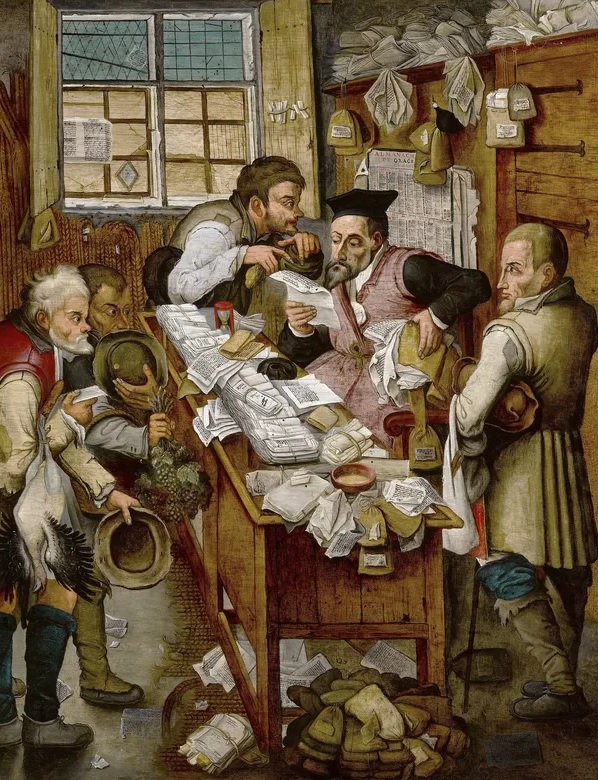To answer in short – Yes, medieval nobles, as members of the aristocracy, played a significant role in the taxation system of the Middle Ages. As landowners and rulers, they were often the ones responsible for collecting and paying taxes on behalf of their tenants and subjects.
In addition to the above, lords were also expected to contribute to the tax revenues of the state through various forms of direct and indirect taxation. This meant paying taxes on their lands and income, as well as providing military service or other forms of support to the state.
Taxation in the Middle Ages
During the Middle Ages, taxes were a vital part of the economy and society of European countries. Governments relied on tax revenues to fund public services, such as defense and infrastructure, and to finance wars and other expenses.

Taxation also served as a way to distribute wealth and resources, in addition to maintaining social order.
Types of Taxes in the Middle Ages
There were several types of taxes that nobles might be required to pay in the Middle Ages. These included:
- Land taxes: Nobles were required to pay taxes on the lands they owned, which might be based on the value of the land or the number of tenants living on it.
- Income taxes: Lords also had to pay taxes on their income, which usually come from rents, investments, or other sources.
- Trade taxes: Lords that engaged in trade or commerce were required to pay taxes on their profits or on the goods they sold.
- Customs duties: Nobles who imported or exported goods might be required to pay customs duties or other taxes on these transactions.
- Military service: There were cases when lords were required to provide military service in exchange for tax exemptions or other privileges. This might involve serving in the army, providing weapons or equipment, or paying for the hiring of soldiers.
The Amount of Taxes Paid by Nobles
The amount of taxes paid by nobles varied depending on several factors, such as the size of their estates, their income, and their involvement in trade or other economic activities.

In general, nobles who owned large estates and had significant income were expected to pay higher taxes than those with smaller holdings or lower income. The amount of taxes paid by nobles also tended to increase over time, as governments sought to raise additional revenue to fund wars or other expenses.
Factors Affecting the Amount of Taxes Paid by Nobles
There were several factors that could affect the amount of taxes paid by nobles in the Middle Ages. These included:
- The size of the noble’s estate: Nobles with larger estates were usually expected to pay higher taxes, as they had more resources to contribute to the state.
- The noble’s income: Higher income meant paying higher taxes, as wealthier lords had more financial resources to contribute.
- The noble’s involvement in trade or other economic activities: Those who engaged in trade or other economic activities might be required to pay additional taxes on their profits or transactions.
- The location of the noble’s lands: Nobles who lived in areas with higher tax rates might be required to pay higher taxes, as the state sought to raise additional revenue from these areas.
- Social status: Lords that held higher social status, such as dukes or earls, were expected to pay higher taxes due to their greater wealth and influence.
Conclusion
Noble lords in the Middle Ages played a significant role in the taxation system of the time. They were responsible for collecting and paying taxes on their lands and incomes, and their contributions helped fund the expenses of the state.
The amount of taxes paid by nobles varied depending on a number of factors, such as the size of their estates, their income, and their involvement in trade or other economic activities.
